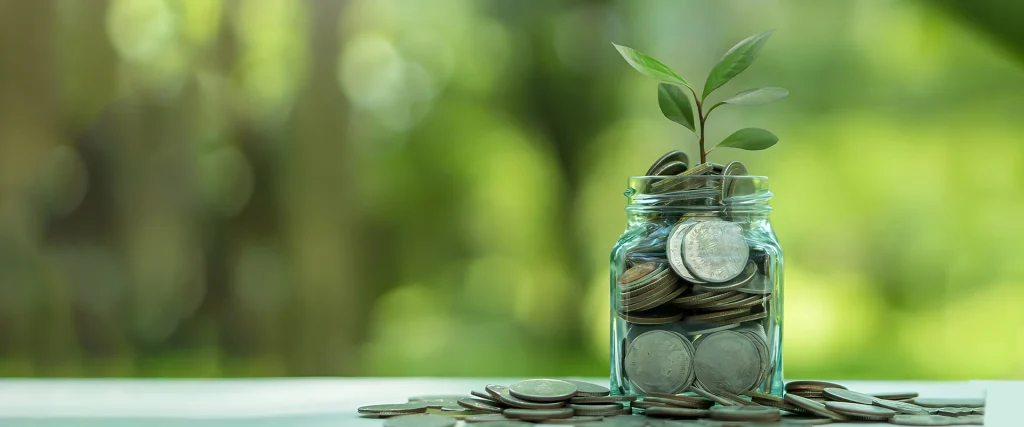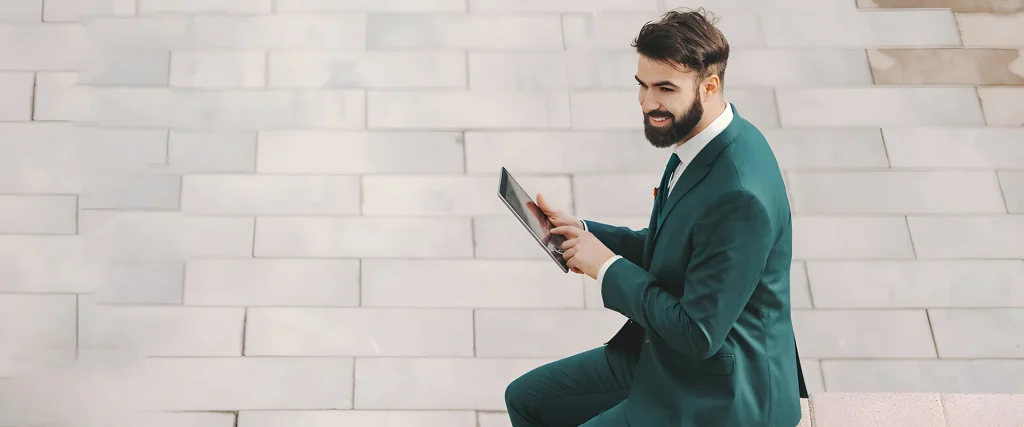Build Your First Emergency Fund Even If You Think You Can’t
There were moments in my life when having an emergency fund felt like a luxury I couldn’t afford. I grew up in Uganda, where opportunities were scarce, money was tight, and survival came before savings. Did I know that I would achieve financial security and own real estate one day? If someone had told me this before, I would have laughed. But here’s the truth: if I could do it, starting from nothing, so can you. I know what it feels like to live paycheck to paycheck. To wonder if you’ll have enough for rent, or to feel that every bit of money is already spoken for before it even touches your hand. The idea of putting cash aside for “later” when you need it so badly for “now” feels impossible. But let me share a lesson that changed my life. Even small, consistent savings matter. It creates a safety net to give you freedom and peace. Why an Emergency Fund Matters Life doesn’t ask for permission before it throws a challenge at you. A sudden medical bill, job loss, a family crisis, these are storms that can wipe away progress if you don’t have a cushion. An emergency fund is that cushion. It’s not about luxury or extra cash lying around. It’s about security. When I first started building mine, it wasn’t glamorous. I wasn’t putting in big chunks of money. I was putting away coins, then small bills, then slightly larger amounts. But what mattered was the habit. That simple act of saving, told me I was serious about my future. Starting From Zero I’ve met people who tell me, “Herman, I can’t save. I barely make enough to cover my needs.” I understand that pain. I lived it. But let me challenge you: don’t wait until you have “extra money.” You won’t. Start with what you already have, no matter how little. When I began, I set aside what was equal to the cost of a cup of tea each day. It seemed insignificant, but over 30 days, it added up. Over 90 days, it grew. And the moment I faced a sudden expense, I didn’t have to borrow, beg, or panic. I had something to fall back on. It’s not the amount that changes your life, it’s the discipline. A Simple Plan to Build Your First Emergency Fund Here’s a plan that works whether you’re earning a lot or very little. Step 1: Define your first goal Don’t overwhelm yourself by aiming for six months of expenses right away. Start small. Aim for $300 or whatever equals one month of your most urgent bills. That goal feels reachable, and hitting it gives you momentum. Step 2: Pick your savings trigger. Choose something you spend on daily or weekly to cut back just a little. For me, it was small snacks and unnecessary trips. Every time I skipped that expense, I put the money straight into a jar or mobile wallet. Step 3: Commit to a time frame. Tell yourself: “For the next 60 days, I’m saving something every day.” Even if it’s a dollar, 100 shillings, or 50 rupees, save it. The power is in consistency. You’ll be amazed at how quickly those tiny amounts add up. Step 4: Protect it from yourself. This was the hardest part for me. The temptation to dip into the money for non-emergencies is strong. My trick? I stored mine in a separate account I didn’t touch, not even with a debit card. It was my “do not break unless necessary” fund. Step 5: Celebrate the small wins. The first time you see $50 in that fund, celebrate. When it hits $100, celebrate again. These milestones keep you motivated, and they prove you’re capable. Lessons from My Journey When I started investing in real estate, people thought I had a big monetary backup. The truth is, I began with almost nothing. What gave me the courage to take that first risk was knowing I had a safety net. My emergency fund gave me permission to take chances without fear of total collapse. You might not be looking to invest yet, but the principle is the same. An emergency fund gives you breathing room. It allows you to think clearly, plan ahead, and act with confidence. Without it, every decision is clouded by desperation. Even if you think you can’t, start anyway. Save today, save tomorrow, save again the day after. In 30 days, you’ll see progress. In 60 days, you’ll feel stronger. In a year, you’ll look back and thank yourself. Final Thoughts I also learned that resilience isn’t about how much you make, but how well you manage what you have. I’ve met people earning thousands who have no savings, and people earning very little who build wealth slowly but surely. The difference is in mindset and discipline.

